Consulting
As founding consultant of ALITHIS R&D, I have a passion for developing point-of-care devices, imaging platforms, and novel treatment approaches that will be approved by the FDA. Point-of-care devices are innovative solutions that enable rapid and accurate diagnosis and treatment of various medical conditions in remote or resource-limited settings. I have extensive experience and expertise in designing, testing, and validating point-of-care devices for both civilian and military applications. I have a decade of experience serving on the local Institutional Review Board (IRB) and I have personally led projects to bring novel imaging drugs (e.g., contrast agents) from benchtop, through GLP and GMP manufacturing, and into first-in-human clinical trials. I can act as a force multiplier for your team, providing the high-level guidance so that they get solid traction, rather than spending time spinning their wheels...
Experience with world class medtech corporations
I have worked with clients from various sectors of the medical device industry, such as hospitals, clinics, laboratories, manufacturers, distributors, and researchers. I have also collaborated with other professionals from different disciplines, such as engineers, scientists, clinicians, lawyers, and educators. My current clients include a large medtech company with over $2B in market cap.
I am always eager to learn new skills and explore new opportunities. I am confident that I can bring value to your organization and help you achieve your goals. I enjoy bridging the gap between academia and industry, leveraging the best of both worlds to produce results for patients.
Future-proofing with AI application that make sense
One of my main focuses is optical instrumentation that can generate large datasets for machine learning and artificial intelligence applications. These days, everyone seems to be getting into the "AI" bandwagon. However, appropriate design and implimentantion is needed in order to fully leverage predictive models. Optical instrumentation is well-suited to this purpose, often providing large, rich datasets with hidden diagnostic information. Optical instrumentation refers to the use of light sources or detectors to measure or manipulate physical phenomena. Examples of optical instrumentation include near-infrared specroscopy (NIRS), optical coherence tomography (OCT), fluorescence imaging (FI), frequency-domain and time-resolive sensing, and second window infrared imaging (SWIR). These devices can provide high-resolution images or signals that can be used for various purposes in medicine.
Experience bringing products into first-in-human trials
I have developed several optical instruments for point-of-care diagnosis and treatment of diseases such as cancer, cardiovascular disorders, infectious diseases, and orthopaedic trauma. I have also applied machine learning and artificial intelligence techniques to analyze the data generated by these instruments and to provide insights for clinical decision making. Some of the benefits of using machine learning and artificial intelligence in medical devices include:
- Improving the accuracy and reliability of diagnosis
- Reducing the cost and time of testing
- Enhancing the personalization of care
- Optimizing the workflow and efficiency
- Increasing the patient satisfaction and engagement
I continue to update my knowledge in this domain, and most recently obtained certification from MIT for Drug and Device Development. I also have been actively involved in the start-up scene, participating in three new business entities, which have received STTR funding. Furthermore, I have personally obtained funding via NIH- and DOD- mechanisms including R01, R21, R00, R42 (SBIR) and K99 and consult on grant strategy as well.
If you are interested in working with me or learning more about my services, please feel free to contact me at jon.t.elliott [at] gmail.com. I look forward to hearing from you soon.